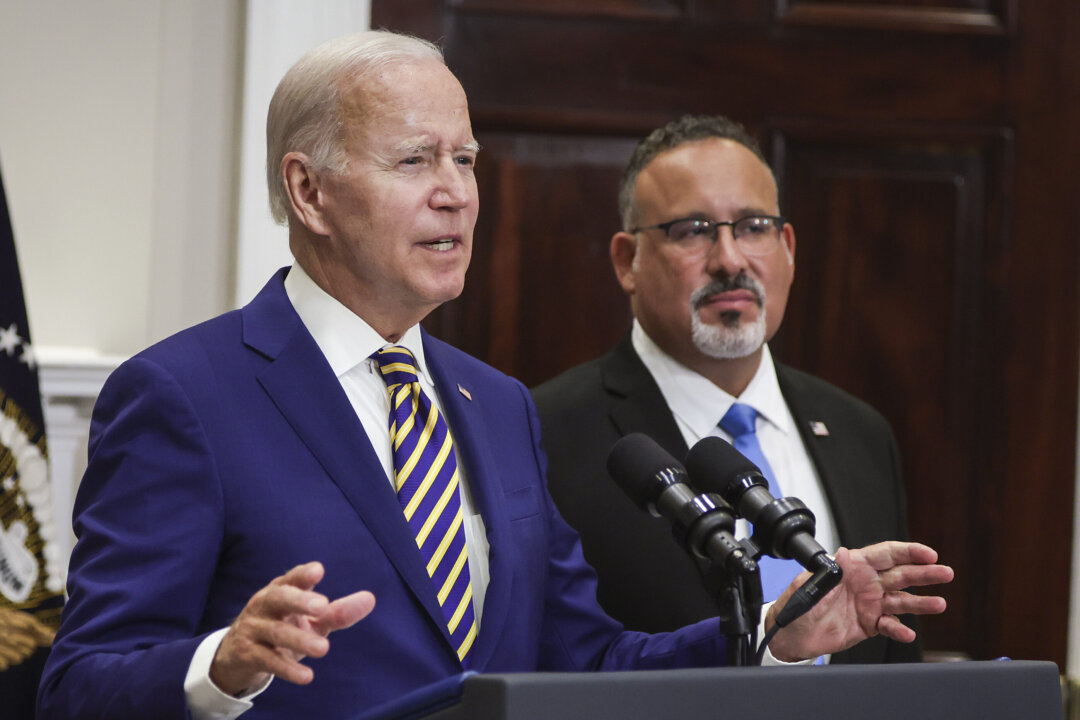
Pakistan, entangled in a web of debt, climate vulnerability, and under-investment in human development, ranks 137th out of 166 nations in the UN Sustainable Development Report 2024. Despite marginal improvements in some areas, eight out of the 17 SDGs show no progress, and three are regressing. Recognising this challenge, France remains steadfast in its commitment to supporting Pakistan, launching numerous green and low-carbon projects to counter climate risks.
As of September 2024, Pakistan’s total debt and liabilities stood at an estimated $308.2 billion—81.2% of its GDP—with external debt alone amounting to $133.

4 billion. Debt servicing consumes over half of the annual budget, leaving scant resources for development priorities. Every dollar redirected to debt repayment is one less dollar available to address climate change and other pressing issues.
France has mobilised its expertise and scaled up official development assistance to close the SDG financing gap. In sectors vital for the population, such as water and energy access, the French Development Agency (AFD) has been instrumental in green and sustainable development, mobilising nearly €700 million for hydropower, urban transport, and water projects. Notably, AFD financed €94 million for the treatment of Faisalabad’s water.
Khursheed Shah pays glowing tribute to late Benazir Bhutto on her death anniversary In a promising shift towards clean energy, Pakistan has made notable strides in recent years, capitalising on its hydro and wind energy potential. To attract investments in renewable energy projects, the government has introduced various incentives, including favourable tariff rates, affordable land access, risk mitigation for wind projects, guaranteed power purchase agreements, and tax exemptions. The Alternative Energy Development Board (AEDB) is tasked with ensuring that 6% of the national power generation capacity comes from renewable energy technologies by 2030.
AFD has directed approximately 62% of its financing to green energy development in Pakistan. One such initiative is the renovation of the Mangla hydropower station, built in 1967 and one of Pakistan’s largest multipurpose dams. With AFD financing, the renovation has increased the dam’s energy capacity and reduced emissions, aligning with Pakistan’s sustainable energy goals.
The project is expected to extend the dam’s operational life by 50 years and reach completion by 2027. A Legacy of Struggle for Democracy In tandem, AFD is modernising the Mangla Hydropower Training Institute (HPTI) with €2.5 million in funding from the EU’s Asia Investment Facility.
This initiative aims to upgrade infrastructure and curricula, equipping locals with skills for Pakistan’s burgeoning renewable energy sector. Other projects include the construction of the Keyal Khwar hydropower plant, co-financed by AFD, KfW, and WAPDA. Set to replace thermal power plants, it is expected to cut CO2 emissions by 182,000 tonnes annually and provide reliable electricity to 600,000 residents by 2028.
Similarly, AFD has partnered with the National Transmission and Despatch Company (NTDC) to extend Punjab’s power grid, improving electricity access for millions, particularly during heatwaves. The renovation of the Warsak hydroelectric power station—funded by AFD, the European Investment Bank (EIB), and the European Union—will revitalise aging equipment, boost energy production, and serve an estimated two million people while reducing CO2 emissions by 280,000 tonnes annually. Power cuts and unreliable energy supply currently cost Pakistan 2%–3% of its annual GDP.
These clean energy initiatives promise not only to enhance energy production but also to spur economic growth. Though the shift from fossil fuels to sustainable energy has been gradual, it is gaining momentum. Five die in separate road accidents In Sindh province, a new wind farm built with AFD’s private sector branch, Proparco, marks another milestone.
The 20-turbine facility in the Jhimpir corridor generates 50 MW of energy while significantly reducing greenhouse gas emissions and creating local jobs. Wind farms not only mitigate reliance on costly fossil fuel imports but also boost economic development through job creation. Proparco’s $20 million investment in Pakistan’s wind farms is a testament to its alignment with AFD’s climate change strategy.
These affordable and eco-friendly initiatives provide a much-needed push for economic development, reinforcing France’s pivotal role in supporting Pakistan’s sustainable future. Yasir Habib Khan The writer is the president of Institute of International Relations and Media Research (IIRMR). He tweets at @yaseerkhan.
Ziauddin University focuses on AI use for benefit of all Tags: france pakistan sdgs.















